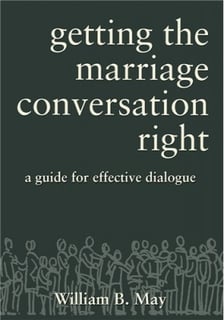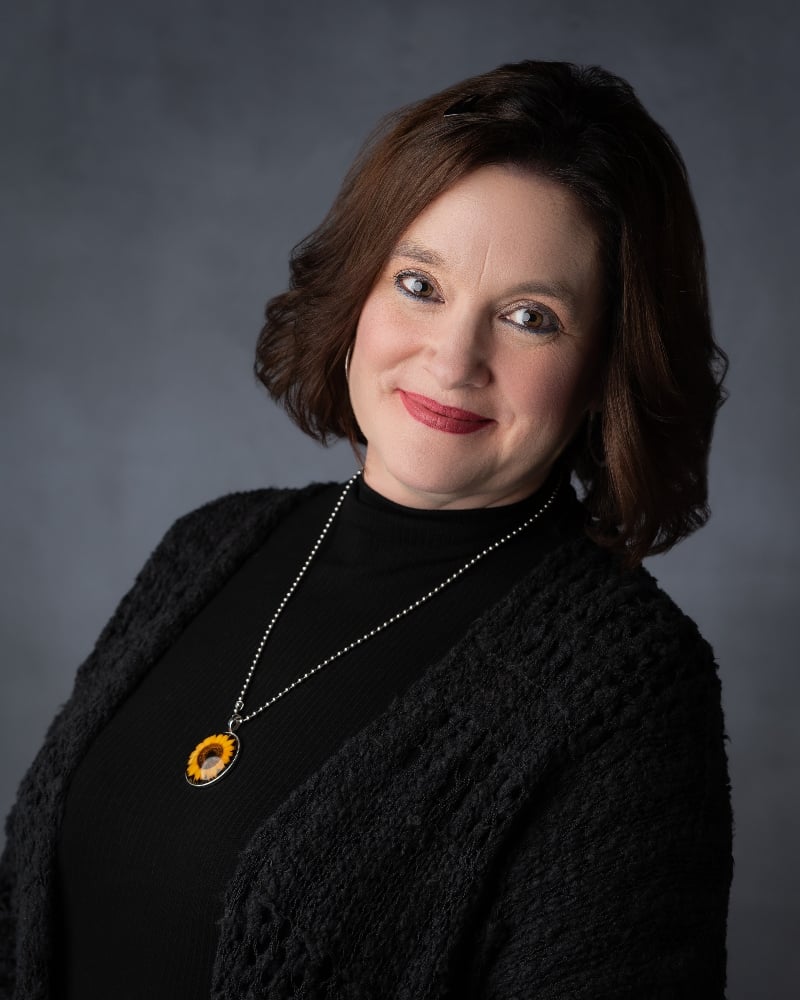 Getting the Marriage Conversation Right
Getting the Marriage Conversation Right
The other day on the way to school, one of my daughters came up with what we in journalism call a bombshell question.
"So, Mom, what do you think about gay marriage?"
We were about a block from the drop-off point when the question came forth; not nearly enough time for a thoughtful response to such a multi-layered topic. But her question prodded me to dig deeper to find a satisfactory answer. After all, I realized at that moment that this is no longer an issue I can just toss about and let fall where it might. Seems my children are invested in the answer now, too.
And, as it turns out, in more ways than one might realize at the outset.
In order to answer my daughter's question to satisfaction, I realized I needed to go back, to begin from a simpler, less explosive starting point.
Indeed, before a fair conversation can happen on whether gay marriage should be allowed, we must address the base question: Why does marriage exist in the first place? And why would the state care?
 Getting the Marriage Conversation Right: A Guide for Effective Dialogue
Getting the Marriage Conversation Right: A Guide for Effective Dialogue
As laid out in a little book by William B. May that recently fell into my hands (Getting the Marriage Conversation Right), there are two definitions floating around about marriage these days, particularly as it concerns public policy:
1. Marriage is the public recognition of a committed relationship between a man and a woman (or two adults) for their fulfillment.
2. Marriage unites a man and a woman with each other and any children born from their union.
Which of the two is true, and which better serves the public interest?
Read them again. Notice that the second is the true statement. It's also the way marriage has been understood and recognized by states, cultures and religions for eons.
Here's another fact: marriage between a man and woman is the only institution that unites children with their moms and dads.
In marriage, a man and a woman freely choose to make themselves irreplaceable to each other. They also become irreplaceable to any children that result from their union.
Some readers might have to resist the temptation to become distracted by side issues here. It's important to stay on point. The fact that not all marriages remain intact is a side point. Nor is anyone going to argue (at least I won't) that same-sex couples do not have the capacity to fully love a child as well as anyone else. Those conversations can happen on a different post. But for now, let's keep to this: What's the harm in changing the definition of marriage?
The above bold statement is really the crux of the issue. As May notes, removing marriage between a man and a woman from the law would eliminate the only societal institution that unites children with their mothers and fathers.
"Redefining marriage and the family implies the only thing that is important in parenting is competency, leading to the notion that no one, including mothers and fathers, are irreplaceable, and men and women are interchangeable," May says. "The fallacy of this can be seen by turning to our own experience. All of us have the desire...for knowing and for being loved by our mother and father."
If marriage is redefined, it would necessarily have to be presented as a lifestyle alternative with no relationship to children or the foundation of a family with common ancestors.
I know this might not be the way the discussion is being framed and understood, but it is what's at stake. Are we really willing to go here?
When we look at it this way, it really isn't even about homosexuality at all. It's about the children who are the fruits of marriage, whether or not the marriage remains solid from beginning to end.
This is not a deflection. This is a crucial point that is often misunderstood or eliminated, and yet it's what's most at stake in this debate.
Is it surprising that I haven't mentioned God once, nor quoted any Bible passages? There is no need. Our faith affirms Truth, and encourages us in Truth, and helps lead us to Truth. But so, too, does logic and reason. You don't have to be Catholic, or even Christian, to see the logic of the above.
It can be challenging to pull away from emotion long enough to really get at the truth of the matter. It is clear, and it is fair, to everyone. Especially kids. And even if we don't have children, we were a child once, and we likely know and hopefully love someone who is a child.
The discussion is important, and we owe it to our children, and theirs, to keep having this discussion, and being as thoughtful about it as we can.
Q4U: Where do you stand on the issue of marriage and its purpose?
Copyright 2012 Roxane Salonen
About the Author

Roxane Salonen
Roxane B. Salonen, Fargo, North Dakota (“You betcha!”), is a wife and mother of a literal, mostly-grown handful, an award-winning children’s author and freelance writer, and a radio host, speaker, and podcaster (“ Matters of Soul Importance”). Roxane co-authored “ What Would Monica Do?” to bring hope to those bearing an all-too-common cross. Her diocesan column, “ Sidewalk Stories,” shares insights from her prolife sidewalk ministry. Visit RoxaneSalonen.com


.png?width=1806&height=731&name=CatholicMom_hcfm_logo1_pos_871c_2728c%20(002).png)
Comments